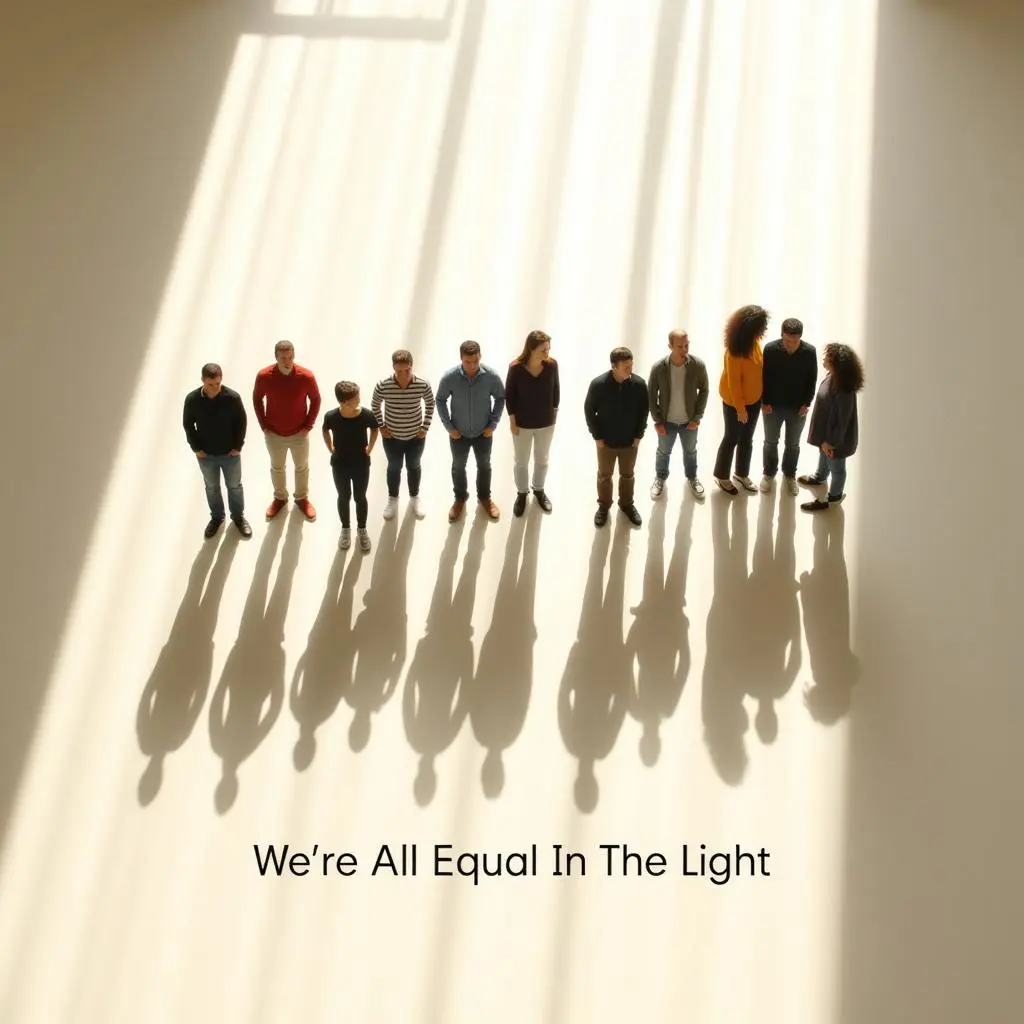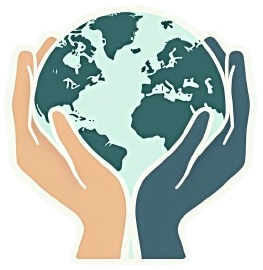Why Is Equality Always a Struggle?

The fight for equality has been a recurring theme throughout human history, yet true equality remains elusive. Societal structures, entrenched biases, and systems of power consistently create barriers that marginalize groups based on gender, race, class, and more. These inequalities are often reinforced by cultural norms and economic systems that prioritize competition over collaboration.
One of the reasons equality is such a struggle is the resistance from those who benefit from existing hierarchies. Power and privilege are rarely relinquished voluntarily, and efforts to create equitable systems often face significant opposition. This resistance is evident in policies that favor the wealthy, educational disparities, and the lack of representation in decision-making spaces for marginalized communities.
Another contributing factor is the widespread acceptance of inequality as 'normal.' Media, education, and cultural narratives often perpetuate the idea that disparity is inevitable, discouraging collective action and fostering division among groups that could otherwise unite for change. This normalization makes it difficult to challenge the status quo and envision a different reality.
To address these challenges, a shift in perspective is essential. Governments and institutions must prioritize inclusive policies that redistribute resources and opportunities fairly. Equally important is fostering a culture of empathy and solidarity, where diversity is celebrated, and everyone’s contributions are valued. Education and media play a crucial role in reshaping societal attitudes and promoting the idea that equality benefits all.
The struggle for equality is far from over, but it is not insurmountable. By recognizing and addressing the systems that perpetuate inequality, societies can create environments where every individual has the opportunity to thrive. Collective action, informed advocacy, and a commitment to justice are the keys to breaking down barriers and building a more equitable future.
The struggle for equality is far from over, but it is not insurmountable. By recognizing and addressing the systems that perpetuate inequality, societies can create environments where every individual has the opportunity to thrive. Collective action, informed advocacy, and a commitment to justice are the keys to breaking down barriers and building a more equitable future.
